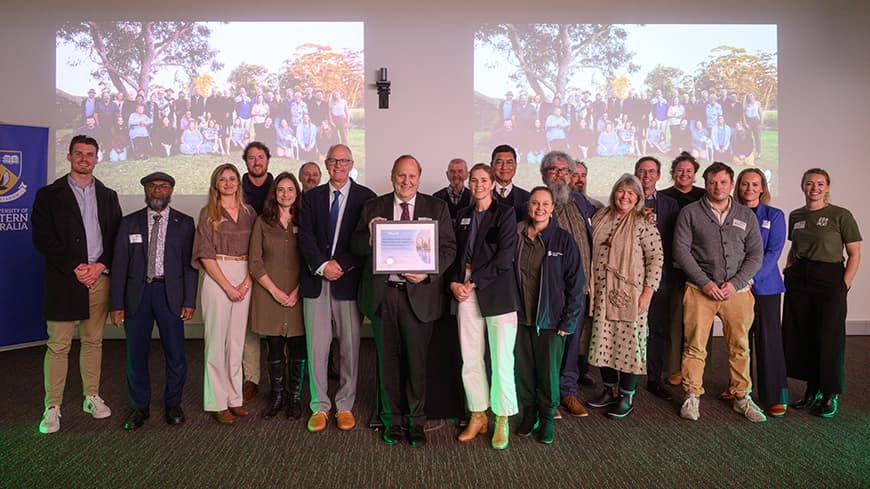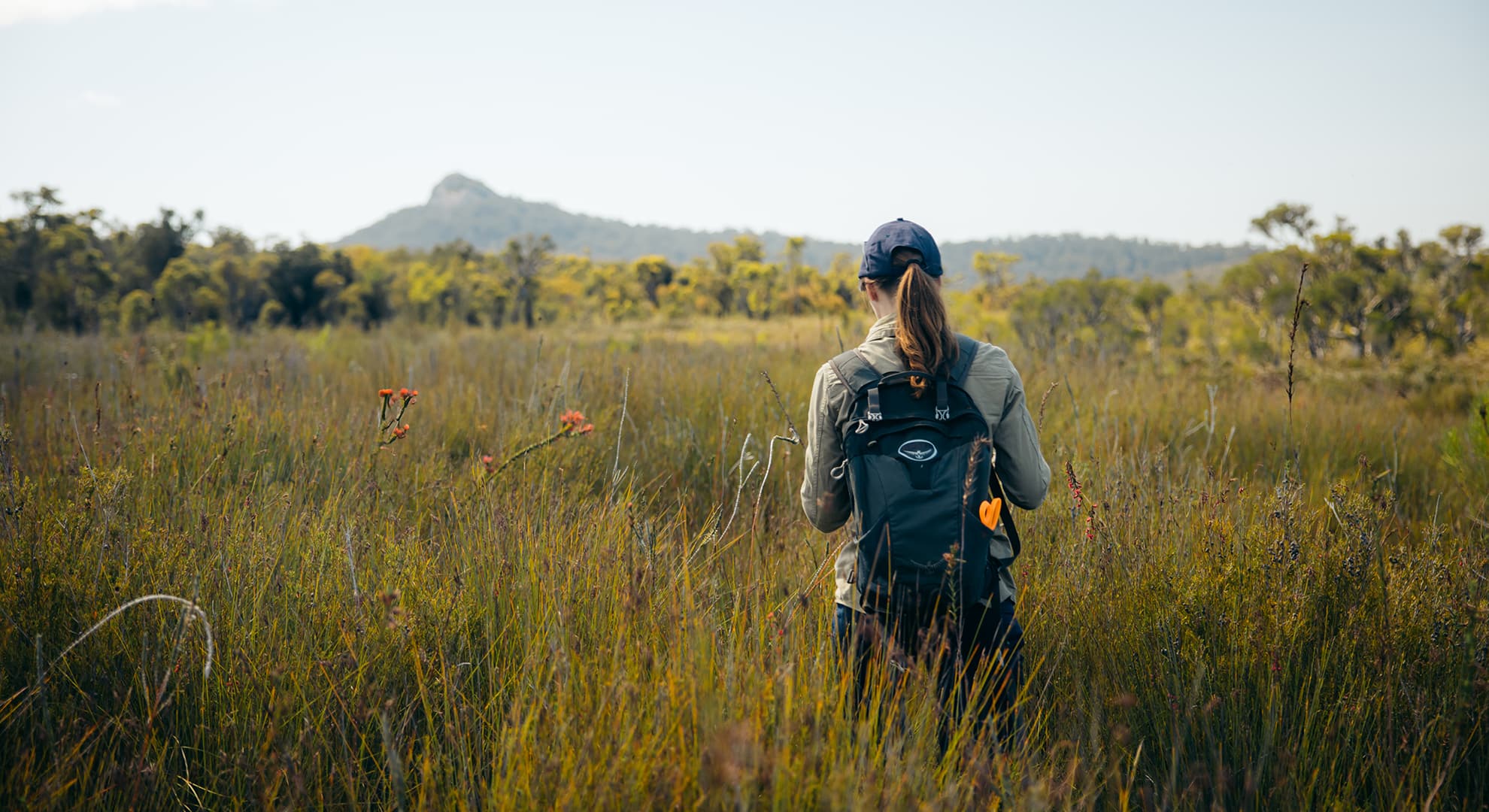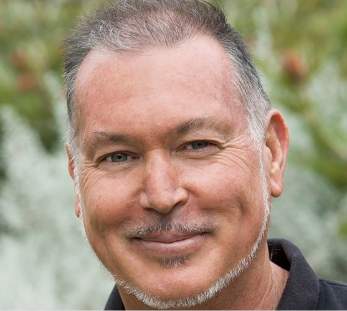Scientists studying Western Australia's endangered South West peatland ecosystems have received a $3.38 million boost to better understand and manage the ancient wetlands.
The grant from Lotterywest will support a major collaboration, co-led by Edith Cowan University (ECU) and the University of Western Australia, and guided by Noongar Elders.
The PEAT Southwest project builds upon an existing project known as PEAT – Protecting Peatland Ecosystems and Addressing Threats in Southwestern Australia – by expanding work to include peatland systems across WA's South West and Great Southern regions.
The organic-rich wetlands, comprised of Western Australian plants such as Empodisma, Reedia and Warren River cedar, are highly sensitive to disturbance, climate change and altered land use. The wetlands store significant carbon, regulate water flow and support unique biodiversity – yet remain under-recognised and under-studied.
Project co-leader Dr Dave Blake, Senior Lecturer in Environmental Science and Associate Director for the Centre for People, Place and Planet at ECU, said Empodisma peatlands across southwestern Australia were nationally listed as a Threatened Ecological Community in 2023.
"Peatland ecosystems are under increasing threat from climate change, particularly in temperate regions such as southwestern Australia, where changing hydrological and fire regimes threaten their existence," Dr Blake said.
"The Lotterywest funding has enabled us to assemble a formidable collaboration, including Traditional Owners, academia, state government and community groups, to undertake a transdisciplinary approach to the conservation of these complex systems and the species they support."
 The grant will support a major collaboration co-led by ECU and the University of Western Australia, and guided by Noongar Elders. Credit: Ezra Alcantra
The grant will support a major collaboration co-led by ECU and the University of Western Australia, and guided by Noongar Elders. Credit: Ezra Alcantra
Since 2023, the PEAT team has been delivering ecological, hydrological, geological and cultural research on peatlands within the Walpole Wilderness Area.
With support from Lotterywest, this work will now scale up across the broader region to include regional peatland mapping, condition assessments, co-designed monitoring tools, targeted on-ground activities and training opportunities for Aboriginal Rangers.
The broader project will be delivered in partnership with South Coast NRM, South West NRM, the Walpole Nornalup National Parks Association (WNNPA), the Department of Biodiversity, Conservation and Attractions (DBCA), the Western Australian Museum (WAM) and biodiversity company Biologic Environmental.
The Lotterywest funding complements existing financial support from The Ian Potter Foundation, the two universities and other contributors. The project also supports partnerships with local groups and government agencies to build long-term capacity in peatland management, and aims to position these ecosystems more clearly within regional, national and global conservation priorities.

 A $3.38 million grant from Lotterywest will support research on peatlands in the South West. Credit: Holly Winkle
A $3.38 million grant from Lotterywest will support research on peatlands in the South West. Credit: Holly Winkle



